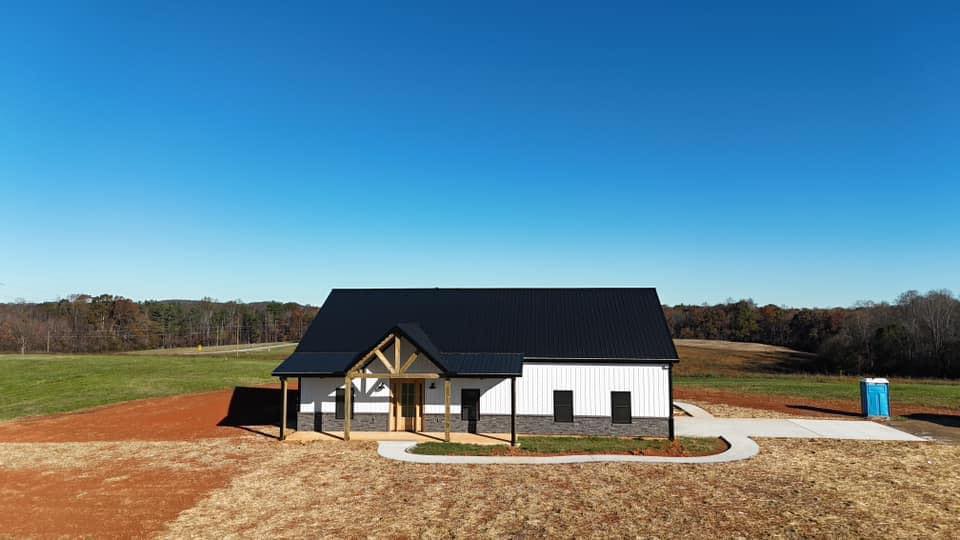
Sustainable Construction Practices: How Ridgeline Leads the Way Nov 21, 2025
Sustainable construction isn't just about using green materials. It is a holistic approach that integrates eco-friendly designs, energy efficiency, sustainable sourcing, and minimal environmental impact during construction. Ridgeline Construction embraces this comprehensive approach, ensuring that each project aligns with these core principles.
The first step in Ridgeline’s sustainable construction process is designing with sustainability in mind. They employ advanced tools and technologies to create designs that maximize energy efficiency. This includes optimizing building orientation for natural light, using high-performance glazing, and integrating green roofs where possible. Such designs not only reduce the carbon footprint but also lead to significant energy savings for building occupants.
Material selection is another critical component of Ridgeline's sustainable practices. The company is steadfast in its use of locally sourced materials, which reduces transportation emissions and supports local economies. Additionally, Ridgeline prioritizes materials that are recyclable, renewable, or made from recycled content. This careful selection of materials helps minimize environmental impact and contribute to circular economy principles.
During the construction phase, Ridgeline Construction employs strategies to reduce waste and pollution. They implement efficient waste management systems, aiming to reduce, reuse, and recycle construction waste wherever feasible. Projects are meticulously planned to prevent over-ordering materials, further reducing waste. Ridgeline also uses low-emission construction equipment to minimize air pollution during the building process.
Energy efficiency and water conservation are pivotal aspects of Ridgeline's projects. They incorporate smart technologies such as energy-efficient lighting, HVAC systems, and water-saving fixtures. By installing rainwater harvesting systems and using drought-resistant landscaping, Ridgeline is able to create buildings that are not only environmentally friendly but also cost-effective in terms of utility savings.
Ridgeline Construction also understands the importance of community impact and strives to engage with local stakeholders throughout the project lifecycle. By involving community members in planning and decision-making processes, they ensure that their projects support local needs and enhance quality of life. This approach not only benefits the environment but also fosters community resilience.
Concluding a sustainable construction project involves thorough evaluations to ensure the building operates as intended. Ridgeline performs comprehensive assessments to verify that sustainability goals are met, ensuring compliance with environmental standards and certifications such as LEED (Leadership in Energy and Environmental Design).
Through these practices, Ridgeline Construction demonstrates its commitment to sustainability, setting a high standard in the construction industry. By choosing Ridgeline Construction, clients invest in a future that values environmental responsibility and durability. With Ridgeline, every project helps pave the way for a more sustainable tomorrow, creating structures that stand the test of time while nurturing our planet.
In embracing these sustainable construction practices, Ridgeline Construction not only leads by example but inspires change across the industry, proving that eco-friendly construction is not only possible but preferable. Whether you're planning a new development or retrofitting an existing building, consider Ridgeline Construction—where sustainability is not just a practice, but a promise.
/filters:no_upscale()/filters:format(webp)/media/8fd3e1df-b923-4710-a55d-7f5c5b8d589f.jpeg)